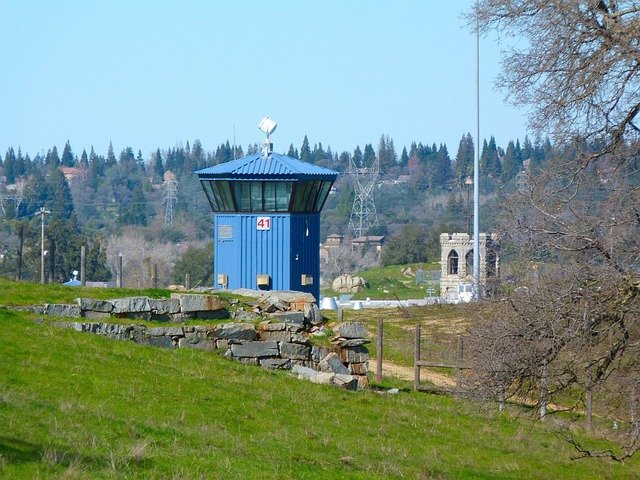
The Election Participation Rate in Canada for 2025
The election participation rate is a significant indicator of democratic engagement in any country. In Canada, the upcoming federal election scheduled for October 28, 2025, presents an opportunity to examine the factors influencing voter turnout and the overall participation rate. This article aims to provide insights into the expected participation rate for the 2025 election, drawing on historical data and current trends.
Historical Context of Voter Turnout in Canada
Historically, Canada has experienced varying voter turnout rates across different elections. For instance, the 44th federal election in 2021 saw a participation rate of approximately 61.3%, which was a slight decrease from the previous election. This trend of fluctuating turnout rates raises questions about the factors that motivate or deter Canadians from voting.
Factors Influencing Voter Participation
Several elements contribute to the level of voter participation in Canada:
- Accessibility: The ease with which citizens can access voting locations and information plays a crucial role. In 2025, Elections Canada plans to open 492 offices and provide around 65,000 election day voting desks, aiming to enhance accessibility.
- Public Engagement: Efforts to engage the public through educational campaigns can significantly impact turnout. Initiatives that inform citizens about the electoral process and the importance of their vote are essential.
- Political Climate: The political landscape leading up to the election can influence voter sentiment. Issues such as economic stability, healthcare, and climate change often drive voter interest.
- Demographics: Different age groups exhibit varying levels of engagement. Younger voters, for instance, tend to have lower participation rates compared to older demographics.
Projected Participation Rate for 2025
While it is challenging to predict the exact voter turnout for the 2025 election, analysts suggest that targeted efforts to increase engagement could lead to a modest increase in participation. If the trends of previous elections hold, a participation rate between 60% and 65% could be anticipated. This projection underscores the importance of continued efforts to motivate Canadians to exercise their democratic rights.
Conclusion
The upcoming federal election in 2025 is an opportunity for Canadians to reflect on their role in the democratic process. By understanding the factors that influence voter participation, stakeholders can work towards creating an environment that encourages higher turnout. As the election date approaches, it will be crucial for all Canadians to consider the impact of their vote and the importance of participating in shaping the future of their country.

















 Meet the Majestic Akita Inu 🐾
Meet the Majestic Akita Inu 🐾 
 Health
Health  Fitness
Fitness  Lifestyle
Lifestyle  Tech
Tech  Travel
Travel  Food
Food  Education
Education  Parenting
Parenting  Career & Work
Career & Work  Hobbies
Hobbies  Wellness
Wellness  Beauty
Beauty  Cars
Cars  Art
Art  Science
Science  Culture
Culture  Books
Books  Music
Music  Movies
Movies  Gaming
Gaming  Sports
Sports  Nature
Nature  Home & Garden
Home & Garden  Business & Finance
Business & Finance  Relationships
Relationships  Pets
Pets  Shopping
Shopping  Mindset & Inspiration
Mindset & Inspiration  Environment
Environment  Gadgets
Gadgets  Politics
Politics 